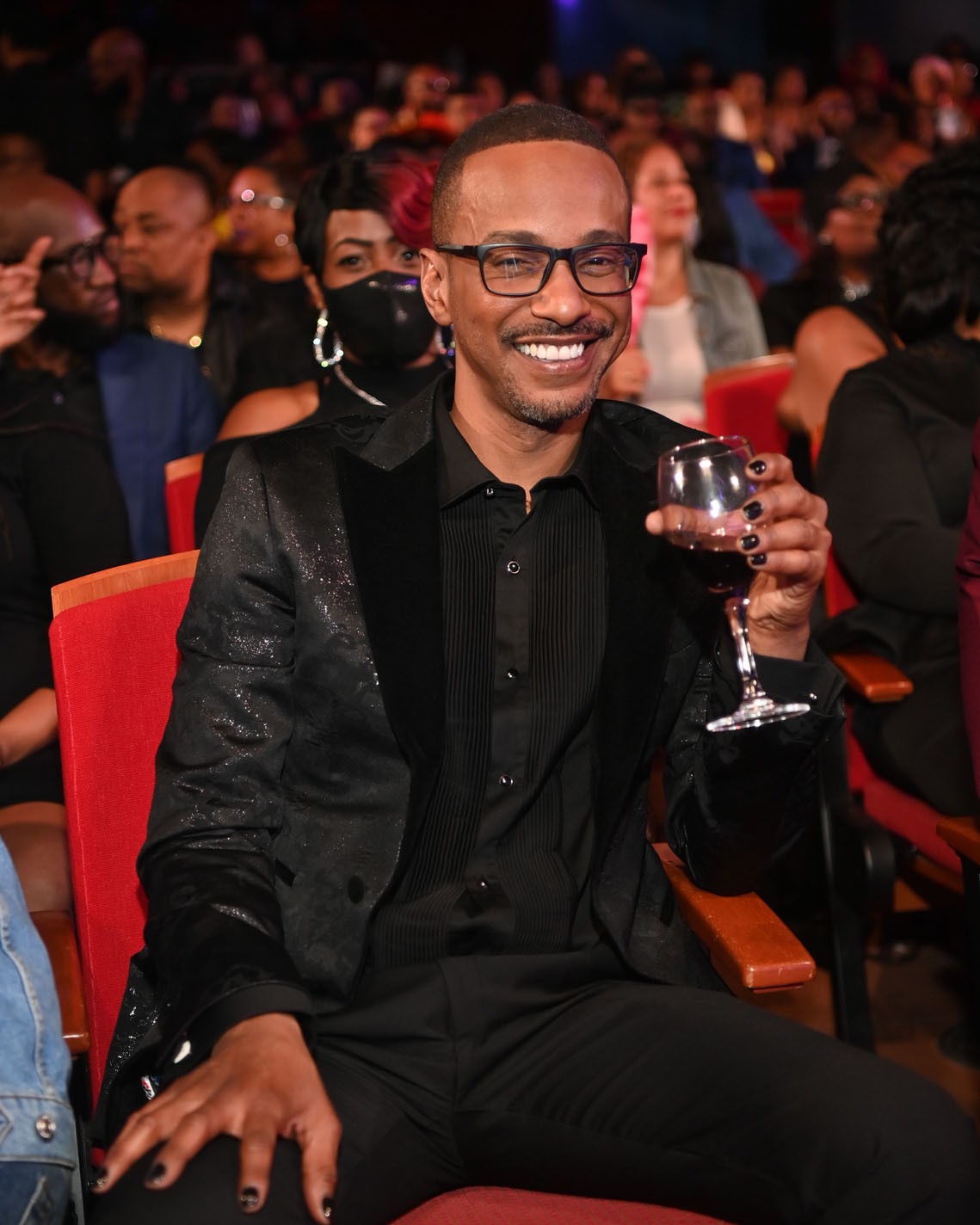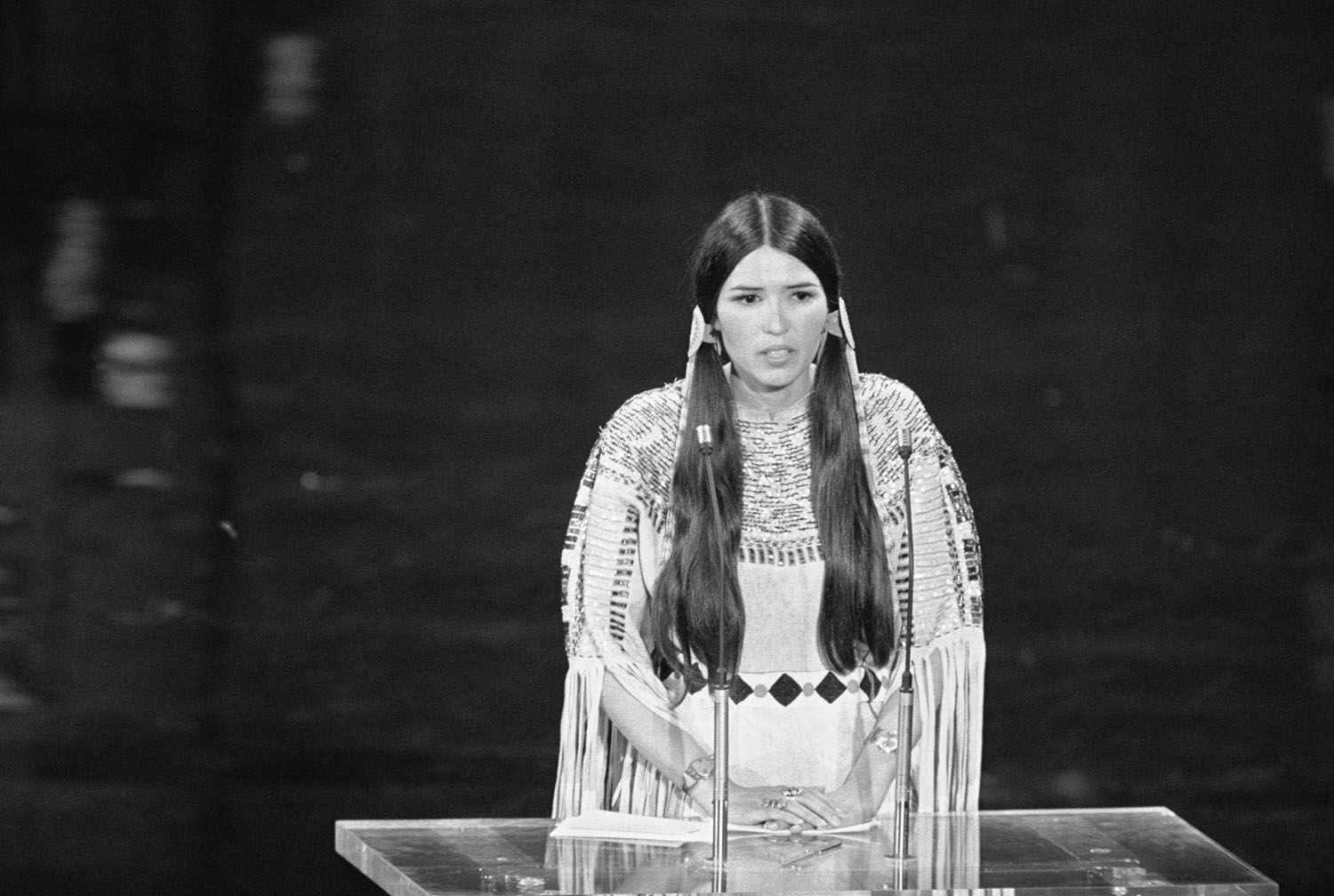Tevin Campbell comes out



This week, during a podcast with People, R&B singer Tevin Campbell confirmed what many people long suspected, that he identifies as a gay man.
Suspicions began ages ago, dating back to the beginning of his career, when he was 12. For years, he remained tight-lipped about his sexuality, denying allegations that he was gay, which may have been ignited by rumours that his mentor, Quincy Jones, sexually assaulted him as a teenager. Campbell has denied this repeatedly.
Campbell has spoken about his sexuality very rarely, despite the many speculations about it over the course of his career. But in a 2003 interview with Sister 2 Sister magazine, he suggested he has a “try-sexual” attitude towards sex, but maintained that he wasn’t gay.
“I’m not gay, but there are a lot of different things that I do like, sexually,” he said during the interview. “Being in the business, you are introduced to a lot of different things. I’m not gay but I’m a freak and I think a lot of people know what a freak is.”
He's made a few more brief mentions about his sexuality, but speculations flared up again earlier this year when he put up a now-deleted tweet that said “Tevin is.” with a rainbow flag and emoji with the sunglasses beside it. Despite his tweet and delete, he responded saying, “I’ll live,” when someone suggested he may soon be banned from Florida. That tweet is still up. Since then, though, he has had the rainbow flag emoji along with an eagle in his Twitter bio, suggesting he is a member of the LGBTQ+ community.
During the podcast with People, Campbell says that being cast as Seaweed J. Stubbs in the Broadway musical Hairspray helped him to truly find himself.
“Being around people who were like me, LGBTQ+ people that were living normal lives and had partners. I had never seen that,” he said. “That was a great time in my life.”
Hearing him say that he had never seen something as normal as a gay couple living their day-to-day life can illuminate the difficulty of coming out, especially if you’re part of a religious, cultural, or racial community where non-heterosexual relationships have yet to be normalized.
When my sister was 17, my mom walked in on her making out with a girl. I remember being in the basement and feeling like all hell was breaking loose upstairs. It was. There was yelling and shouting. My mom even burned the dress my sister wore that day. I guess it had lesbian on it. She was grounded for a very long time. All luxuries confiscated, and for weeks, the tension in the house was stifling.
It took a few years for my mom to come around and accept that her eldest daughter was gay. But I remember one day, she said, “She’s here and she’s queer and I just have to accept it.” Since then, she let us know that her visceral reaction came from not knowing how to deal with it. It wasn’t something that was ever on her radar. She just assumed that her daughters were going to grow up, marry people with penises, have a bunch of kids and do things “normally”. But what is normal?
What I wonder is whether Campbell’s coming out signifies somewhat of a more gradual acceptance of LGBTQ+ members in the Black community. It’s no secret that there have been gay Black people around forever, and many of them have been trailblazers, too. But a disturbing number of my gay friends have shared the difficulties of feeling accepted, comfortable, and unjudged within their Black families and communities.
I’ll never forget the story of my friend, who lived in a predominantly Black neighbourhood, who was returning home with his partner on the subway. Leaving downtown, they were snuggled up next to each other on the train. But as they got closer and closer to his home, he said there was this unspoken understanding that they needed to put distance between themselves. Without saying anything to each other, they arrived at their stop a few seats away from each other.
Campbell’s coming out comes against the backdrop of an increase in the amount of openly gay, Black male celebrities. During the podcast, he credited stars like Frank Ocean and Lil Nas X for increasing LGBTQ+ representation in R&B and the music industry as a whole. But he says there’s still a lot of work to do in maintaining and increasing that representation, as well as making it something more widely accepted, particularly among heterosexual Black men in the industry.
Take rapper Plies, for example, who this week, released a video on social media discussing the gay sex scenes in the popular show P Valley, which he says need to come with a warning.
https://www.facebook.com/itsonlyentertainmentdotnet/videos/598049598640080/?t=0
P Valley follows the lives of the key players at a strip club called The Pynk. It followers the strippers, the strip club owners, and the rappers and politicians in the southern U.S. city of Chucalissa, Mississippi. But the show spotlights a secret gay relationship between two popular men in Chucalissa – the town’s most famous rapper, Lil Murda, and the owner of the strip club, Uncle Clifford. While Uncle Clifford is very open about his sexuality, often donning elaborate dresses, weaves and acrylic nails, the same can’t be said for Lil Murda, who attempts to maintain his hard image in the eyes of the public – an increasingly difficult task as the show progresses.
Their relationship is hands-down my favourite thing about the show, beating out the impressive pole dancing and intricate plots. In my eyes, it’s a gay, Black Romeo and Juliet, but way better.
But for people like Plies, who says the sex scenes “traumatized” him, it’s telling of how much work is left to be done in normalizing Black, gay sex scenes in television. It’s something we also saw when Empire was at its peak. People loved the show but couldn’t seem to handle the gay sex scenes, which could be a factor in the sharp decrease in popularity – though some assume the show’s cancellation was tied to Jussie Smollett’s fiasco.
Campbell’s coming out may not have come as a surprise, especially after all these years of speculation. But sometimes, it can take years to muster up the courage to assert yourself and stand, wholly, in your power and identity. Regardless of how long it took, it certainly was a brave step – and one that could help others, regardless of race, feel like there are people on the other side of that monumental reveal to welcome them with open arms.
